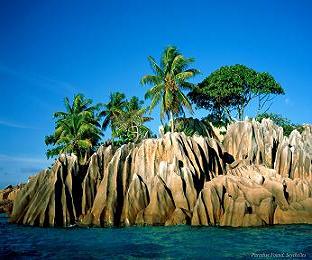
 |
|
|
|---|
| Applied ecology is the use of ecological studies to achieve practical goals. These studies help us to preserve and manage natural resources and to protect the environment. Applied ecologists work with scientists from different fields to try to solve problems concerning the health and well-being of people, plants, and animals. Ecologists are concerned about the rate at which people are depleting such nonrenewable resources as coal, gas, and petroleum, and about the pollution caused by their extensive use. Ecologists believe that if the human population continues to grow, such problems as depletion of fuels, pollution, deforestation, congestion, poverty, and the disruption of climate will also worsen. |

|
|---|
An increasing concern is the loss of natural ecosystems and their many species as more forests and grasslands are converted to farmland, urban areas, and wasteland. Some people think that the studies and activities of ecologists conflict with people's economic interests.
 |
|---|
But ecologists believe that ecological knowledge is essential for long-term economic well-being. They point out that the maintenance of natural ecosystems provides many benefits to society. For example, if air and water supplies are clean, people will be healthier, and medical costs will decrease. In addition, many ecologists think we can use the principles of ecology, such as energy flow, to understand human economies better. Ecologists believe everyone should learn about ecology and the environment, so that people can live in greater harmony with the rest of the world. |
|---|
|
 |
 |
|---|
| HOME |
|---|
| GLOBAL WARMING |
| INDONESIA FOREST |
| INDONESIA BIODIVERSITY |
| CDM IN INDONESIA |
| MANGROVE FOREST |
| THE IMPORTANCE OF TREES |
| FOREST AND ECOLOGY |
| KIND OF CONSERVATION |
| KIND OF BIODIVERSITY |
| HOW PLANTS GROW |
| FOREST PICTURES |